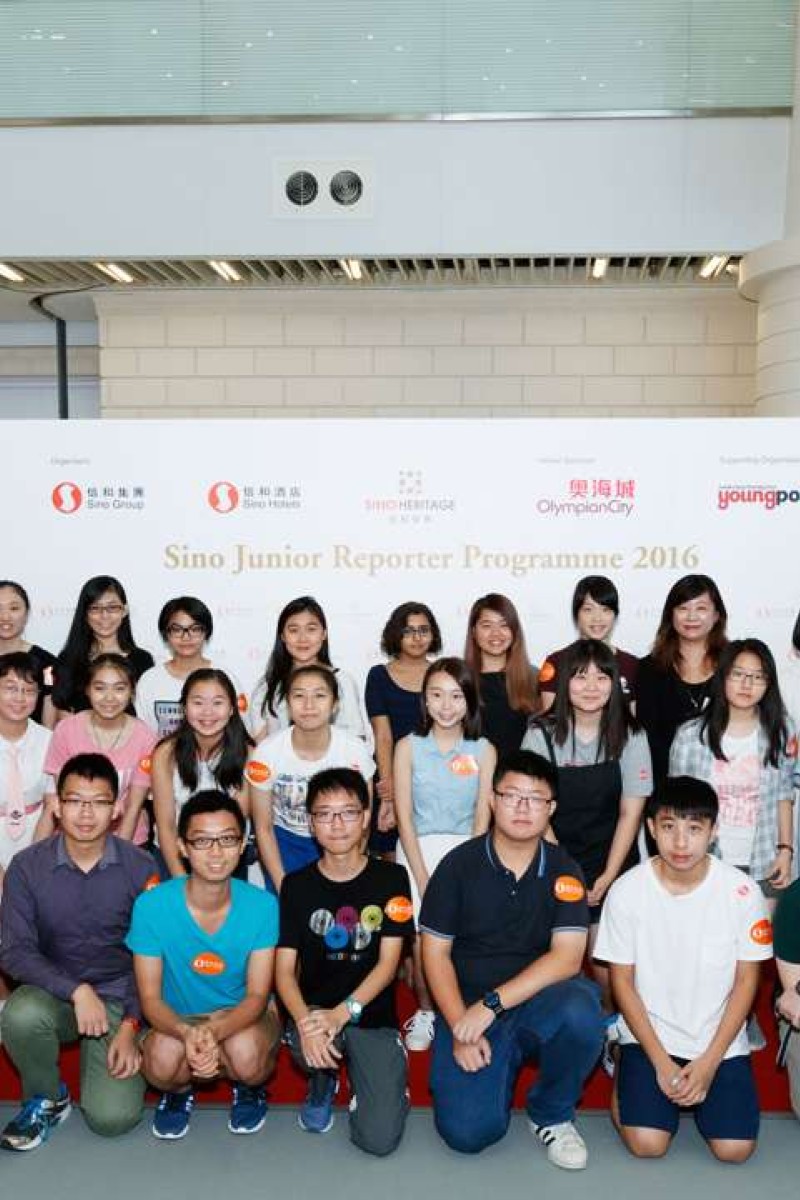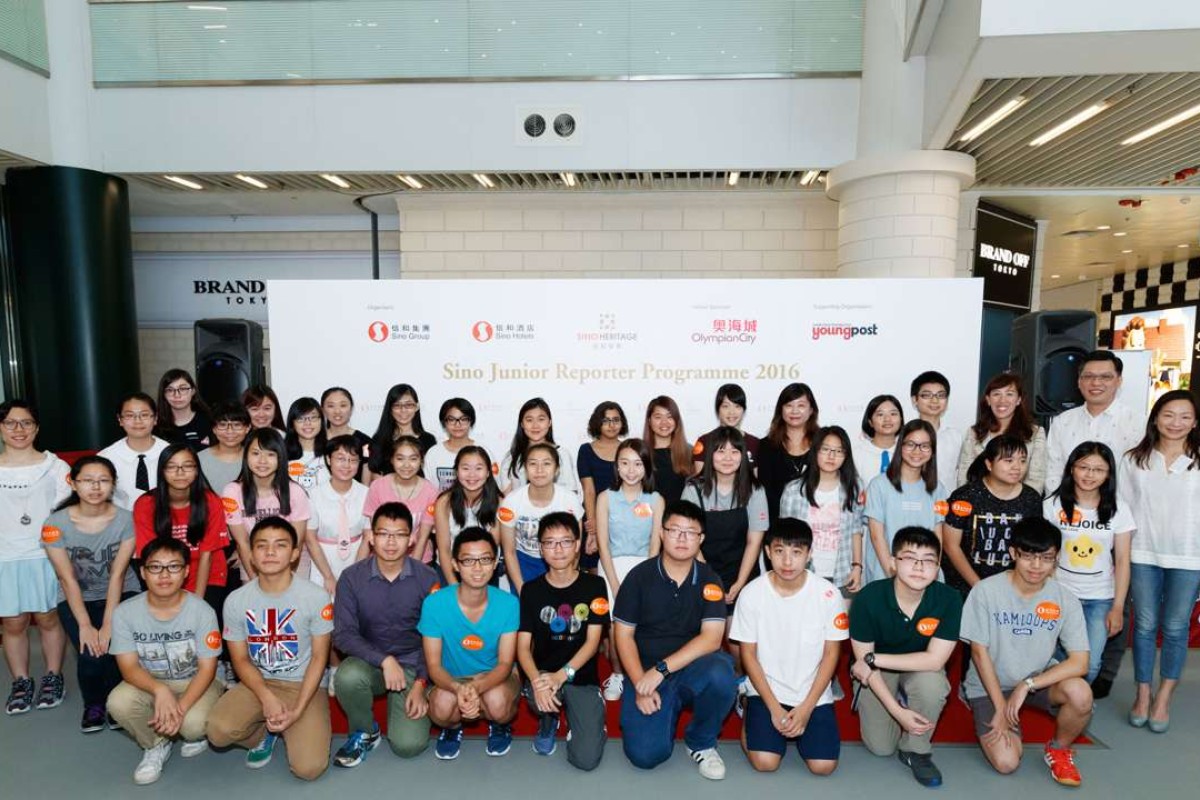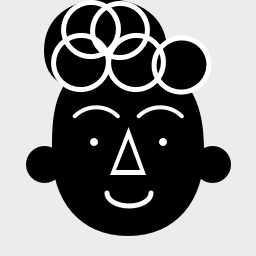
Royal Pacific Hotel executive chef Kenneth Yuen talk about his own path to success and laments declining interest in the origins of local cuisine in a session with 60 Hong Kong teenagers
 Finalists and award presenters pose for a group photo
Finalists and award presenters pose for a group photoKenneth Yuen has been in the business for more than 30 years, but he was not successful from day one. His first experience working in a kitchen was at the Mandarin Hotel, as a trainee sent by the culinary institute where he was studying. In that role, his time was spent sorting out deliveries, peeling onions, and doing preparation work for the senior chefs who did the real cooking.
”The work was monotonous, but I was happy to do it because the other chefs were father figures to me, and they always tried to help me improve,” Yuen said. “We were like family.”
It was also at the Mandarin that he learnt what to expect in a hotel kitchen, with the scale and discipline there being very impressive. This laid the foundations for his administrative position today, but at the same time it also caused some impatience in his first post-graduation job. As a chef at the American Café, which is now closed, the working environment was “crowded and dishevelled”. In no time Yuen returned to hotel kitchens, this time at the Furama Hotel, again as a junior chef doing little actual cooking.
But Yuen was also learning in other ways. “During this period I did further studies at the Hong Kong Polytechnic University to improve my English,” he said. “I worked six days a week, so this meant sacrificing my only day off, but I persisted nonetheless because I felt myself inadequate.”
When asked if it was worth it, Yuen answered with an affirmative. “Definitely,” he said. The skills he learnt proved extremely useful in communications and management, important areas after he became the first Asian promoted to an executive chef position in 2010.
“I meet new challenges every day and always learn something from them,” said Yuen, as he reflected on his work at the Royal Pacific Hotel. “That’s why I never get tired of my job.” When asked for one moral to learn by heart, he replied that there is always a solution so long as you try to find one.
He also offered an insight on the problem of Hong Kong’s declining culinary heritage. “Hong Kong traditional cuisines are associated with peddlers, and hence low prices. Very few new chefs are willing to ‘enter the trade’ by specialising in local cuisines. Besides, many si fus, or old masters, are unwilling to share their ‘secret’ recipes,” Yuen said. “I think the only way to revive the trend of local foods is by collective effort, and by integrating some modern methods.” He used the example of his own hotel, which offers traditional egg waffles in portions modified to be served as dessert in the Western buffet.
After all, a characteristic of traditional Hong Kong cuisine is its adaptability, and the “East meets West” factor from during the colonial period. “It’s the spirit represented by the dishes that matters,” said Susan Szeto, curator of Tao Heung Museum of Food Culture, Tao Heung Food Culture and Education Foundation, when asked about the preservation of local foods during a tour for students. Perhaps Kenneth Yuen’s persistence and high standards are also part of the spirit that needs to be revived in the younger generation.
